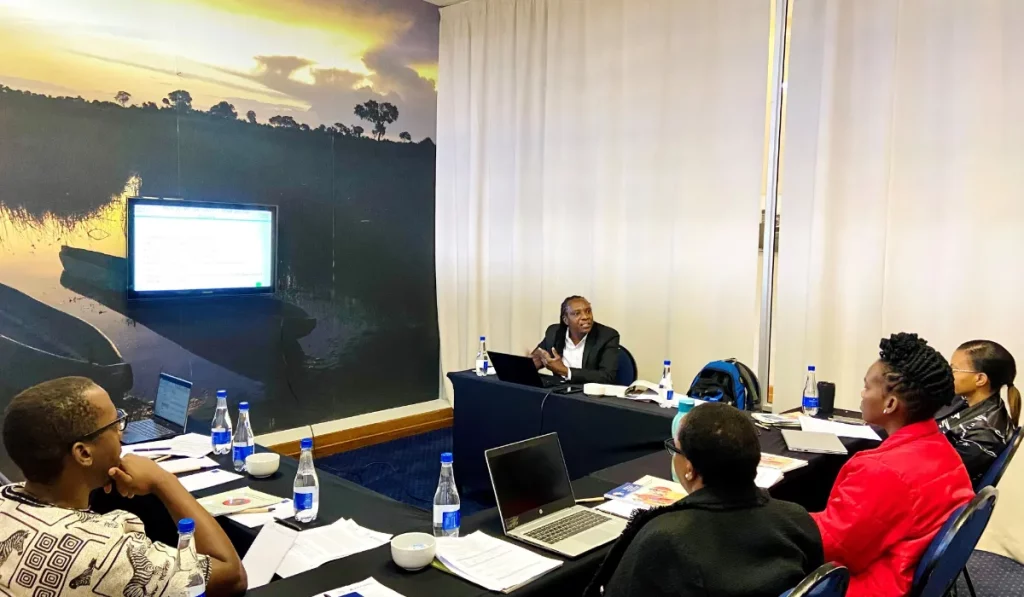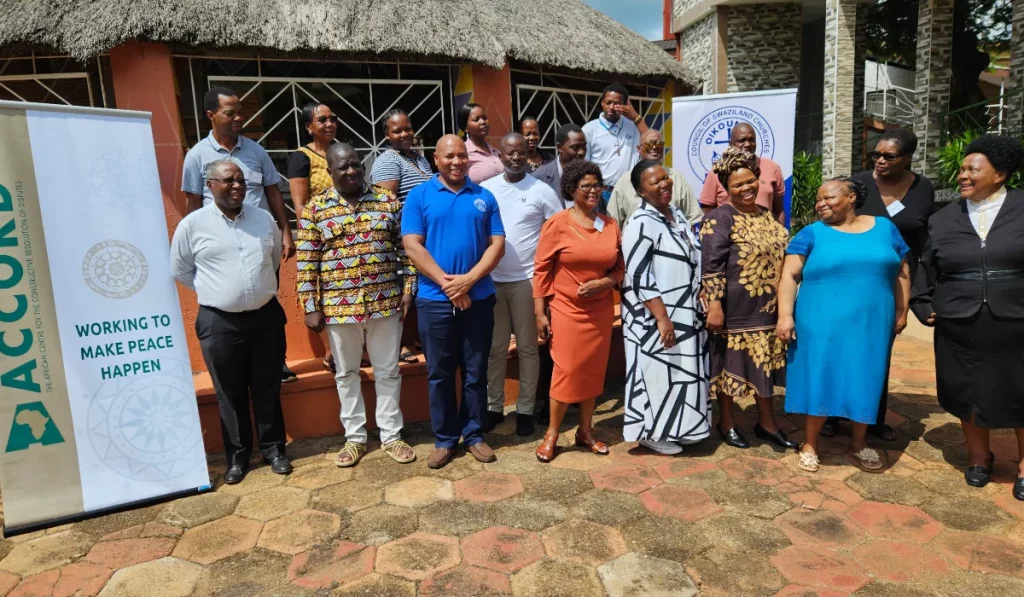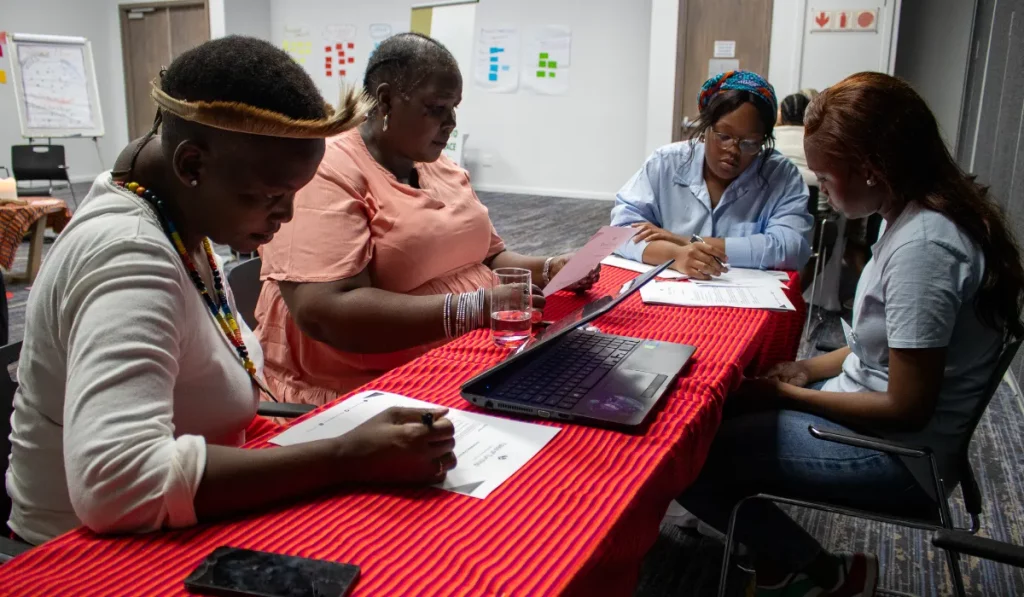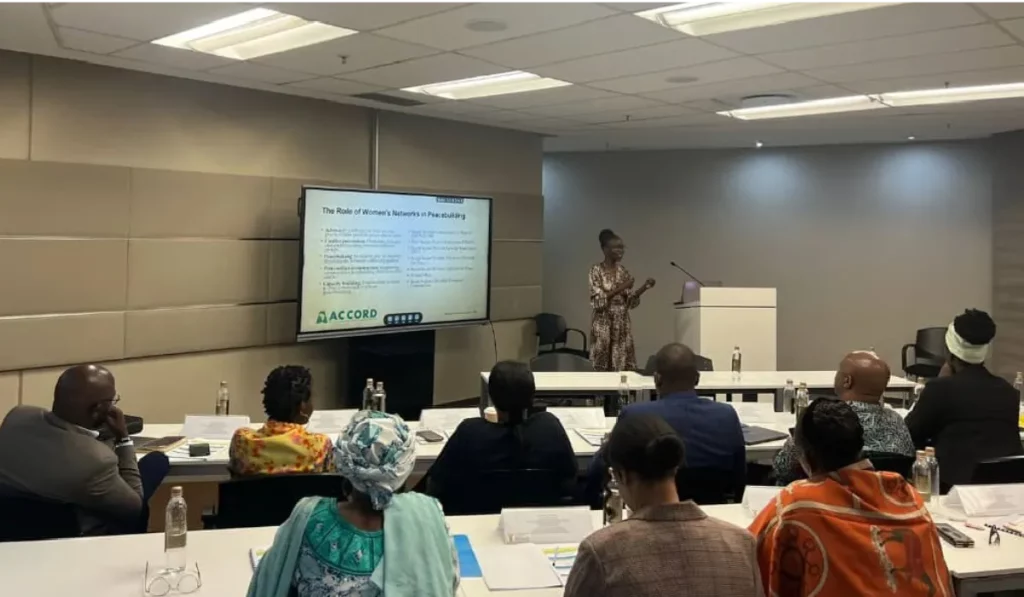The number of people displaced worldwide has reached a historic high, with 65.3 million people forced from their homes as of the end of 2015, according to the UN. The number of displaced persons is now higher than the populations of Kenya and Angola combined. The figure comprises around 40 million who are internally displaced within their home country, while just over 20 million are refugees who have fled across borders. The total figure is now higher than the number displaced by World War II. See below for recent ACCORD work on refugees.
Recent years have seen a surge in refugees, with the number of people rising by 5.8 million in 2015. Out of this total, 1.19 million refugees worldwide will be in need of resettlement in 2017. This category consists of refugees who the UN believes will not be able to return home or integrate in their current host country. Syrians form the largest resettlement group, followed by refugees from the Democratic Republic of Congo, Iraq and Somalia. Although Europe’s recent refugee arrivals have been very visible, the great majority (86%) of refuges are still located in low and middle income countries, close to areas of conflict.
Awareness of refugees is promoted each year on 20 June through World Refugee Day. The date was chosen in 2000 by the UN General Assembly, in advance of the fiftieth anniversary of the 1951 Convention relating to the Status of Refugees. The Organisation of African Unity (OAU) agreed to have International Refugee Day coincide with Africa Refugee Day, which was already celebrated on 20 June, and the date was therefore chosen for the celebration of a World Refugee Day. African actions have further included the 2009 African Union (AU) Convention for the Protection and Assistance of Internally Displaced Persons in Africa, the first legally binding international instrument on internal displacement with such a regional scope.
Refugees are predominantly created by situations of conflict and instability. In his November 2015 call for a first ever UN convened Global Conference on Peace, ACCORD’s Founder and Executive Director Vasu Gounden noted that the global community can no longer afford to pursue exclusively military-oriented responses to crises, nor can states afford to remain indifferent to situations that are beyond their immediate concerns or borders. We need a new paradigm for peace, and this paradigm must be broad enough to encompass unprecedented urbanisation, destabilising climate change, a shaky global financial system, growing unemployment, mass migration, and expanding wealth inequality – to prevent these global challenges from accelerating and entrenching global instability.
ACCORD’s recent work on refugees
ACCORD’s policy and practice work on conflict prevention and management through its peacemaking, peacekeeping and peacebuilding units and its Knowledge Production Department has a direct bearing on refugee and migration issues. Recent work has included the following:
- A piece in the first quarterly Conflict Trends magazine of 2016 on Refugees in the Great Lakes Region;
- A February 2016 Policy and Practice Brief on When refugees cannot return home: A conflict conundrum in Africa’s Great Lakes region;
- A November 2015 High-Level Expert Group Meeting with the United Nations Office of the Special Adviser on Africa on the theme “Conflict-Induced Migration in Africa: Maximising New Opportunities to Address its Peace, Security and Inclusive Development Dimensions”. For a report on the meeting click here. The meeting was organised in close collaboration with the AU and the International Organisation for Migration;
- A November 2015 Policy and Practice Brief on the African Union migration and regional integration framework;
- A May 2016 Policy and Practice Brief on Angolan refugees in Zambia; and
- Full Secretariat support during 2015 to the KwaZulu-Natal Province Premier’s Special Reference Group on Migration and Community Integration. ACCORD’s Founder and Executive Director further served as a member of the Reference Group.
From the archives
In 2002 and 2003 ACCORD published special issues of Conflict Trends in collaboration with the offices of the Chairperson of the Organisation of African Unity/African Union and the United Nations High Commissioner for Refugees.
For more information on ACCORD’s work on refugees and for interviews with ACCORD please contact ACCORD’s Communication Manager, Wolfe Braude on wolfe@accord.org.za or 031 502 3908.








